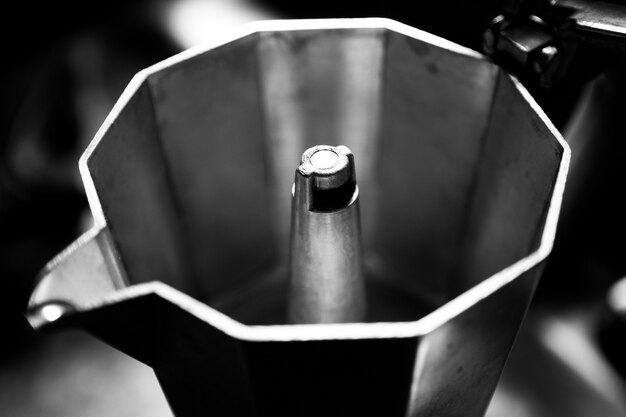
Sponsored article
The world of coffee roasting is evolving rapidly, with technological advancements leading the charge. From automation and artificial intelligence to sustainable practices, the landscape is filled with exciting innovations that are set to redefine how we enjoy our daily brew. These cutting-edge developments are not only enhancing flavor complexity and aroma but also improving efficiency and sustainability. Join us as we delve into the latest trends transforming the world of coffee roasting.
The impact of automation on coffee roasting is revolutionizing how businesses approach this age-old craft, turning it into a science driven by precision and control. Advanced automation technology in coffee roasting has brought about significant improvements in efficiency, allowing for high-volume production without compromising on quality. With state-of-the-art systems that can adjust heat, air flow, and time parameters with unparalleled accuracy, roasters can achieve a level of consistency in roasted coffee beans that manual processes struggle to match. This technological leap not only facilitates better resource management but also minimizes human error.
Moreover, the integration of automation in Coffee Machines Sale is designed to cater to both small and large-scale roasteries, ensuring that variable batch sizes do not affect product uniformity. By harnessing these innovations, coffee businesses can streamline their operations, boost productivity, and enhance their competitive edge in the ever-evolving market. As consumers and roasters alike embrace the benefits of automated systems, the boundaries of what coffee roasting technology can achieve continue to expand, heralding a new era of precision and efficiency.
As the world embraces sustainability across industries, coffee roasting is witnessing remarkable strides in eco-friendly innovations aimed at minimizing environmental impact while ensuring that quality and flavor are never compromised. The integration of green technology in coffee roasting not only reduces the carbon footprint associated with this beloved daily ritual but also sets a new standard for responsible practices in the industry. One of the key developments is the adoption of energy-efficient roasting machines that utilize alternative fuel sources such as biogas or solar power. These systems significantly cut down on energy consumption, allowing roasters to reduce their reliance on fossil fuels, thereby supporting a more sustainable ecosystem. Additionally, advancements in heat recycling processes now allow for the recapture of energy during roasting, further enhancing the eco-friendly profile of these operations.
Another notable innovation in sustainable coffee roasting lies in the introduction of zero-emission roasting systems. These systems operate by capturing and reusing emissions that would otherwise be released into the atmosphere, helping to reduce air pollution and promote a healthier environment. Furthermore, the use of smart sensors and software to optimize roasting profiles has enabled roasters to achieve desired flavor profiles with greater precision, thus minimizing waste and ensuring that every batch of coffee is roasted to perfection. As consumer demand for sustainability grows, these eco-friendly practices not only help preserve the planet but also resonate with environmentally-conscious coffee lovers looking to enjoy their brew with a clear conscience. By incorporating sustainability into their core practices, coffee roasters are not only preserving the environment but also paving the way for a greener, more sustainable future for all.
In the ever-evolving coffee industry, AI and data analytics are playing pivotal roles in redefining coffee roasting processes. By harnessing sophisticated AI algorithms and comprehensive data analytics, coffee roasters can achieve unprecedented precision roasting. This technological advancement allows for meticulous monitoring and control over every stage of the roasting process, facilitating the development of intricate flavor profiles that elevate the coffee drinking experience. AI models, trained on vast datasets, offer real-time insights and adjustments, leading to consistently high-quality flavors and aromas that cater to diverse consumer preferences.
Furthermore, the incorporation of AI and data analytics streamlines operational efficiency, reducing human error and optimizing energy usage. These innovations not only help in cutting down costs but also in boosting sustainability by minimizing waste. As a result, the coffee industry is witnessing a transformation where precision roasting is no longer just an art but also a science driven by data. The synergy between AI technology and traditional roasting expertise is revolutionizing how we perceive and savor our everyday coffee.